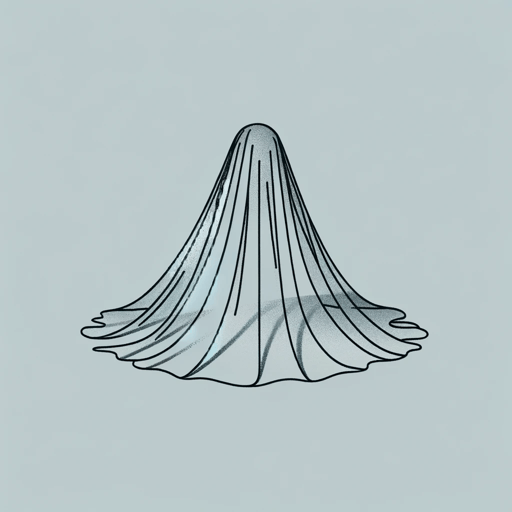30 pages • 1 hour read
Nathaniel HawthorneDr. Heidegger's Experiment
Fiction | Short Story | Adult | Published in 1837A modern alternative to SparkNotes and CliffsNotes, SuperSummary offers high-quality Study Guides with detailed chapter summaries and analysis of major themes, characters, and more.
Story Analysis
Analysis: “Dr. Heidegger’s Experiment”
“Dr. Heidegger’s Experiment” explores ideas about old age and youth, personal identity over time, memory, shame, morality, and the possibility of wisdom. At the outset, the narrator describes how the aged characters spoiled their youth and failed in life. The guests “looked as if they had never known what youth or pleasure was, but had been the offspring of Nature’s dotage, and always the gray, decrepit, sapless, miserable creatures, who now sat stooping round the doctor’s table” (19). When introducing each character, their past is intentionally juxtaposed with their present elderly states, suggesting that aliveness is felt only when a person is young and that youth is generally the period when a person is the best version of themselves—at least physically.
The characters are distinguished by their reputations and occupations. Mr. Medbourne and Mr. Gascoigne held professional jobs, and Colonel Killigrew, though not explicitly stated, likely held a position in the military. Mr. Medbourne had lost everything in “frantic speculation” (13) and is reduced to poverty. Killigrew wasted himself “in pursuit of sinful pleasures” (13) and now suffers from physical and spiritual afflictions. Gascoigne sought power and fame as a politician but now lives in obscurity. Their choices of direction as young men match a traditional classification of poor choices: to pursue money, pleasure, or fame.
Related Titles
By Nathaniel Hawthorne

Ethan Brand
Nathaniel Hawthorne

My Kinsman Major Molineux
Nathaniel Hawthorne

Rappaccini's Daughter
Nathaniel Hawthorne

The Ambitious Guest
Nathaniel Hawthorne

The Artist of the Beautiful
Nathaniel Hawthorne

The Birthmark
Nathaniel Hawthorne

The Blithedale Romance
Nathaniel Hawthorne

The Hollow of the Three Hills
Nathaniel Hawthorne

The House of the Seven Gables
Nathaniel Hawthorne

The Marble Faun
Nathaniel Hawthorne

The Maypole Of Merry Mount
Nathaniel Hawthorne

The Minister's Black Veil
Nathaniel Hawthorne

The Scarlet Letter
Nathaniel Hawthorne

The Wives of the Dead
Nathaniel Hawthorne

Young Goodman Brown
Nathaniel Hawthorne

